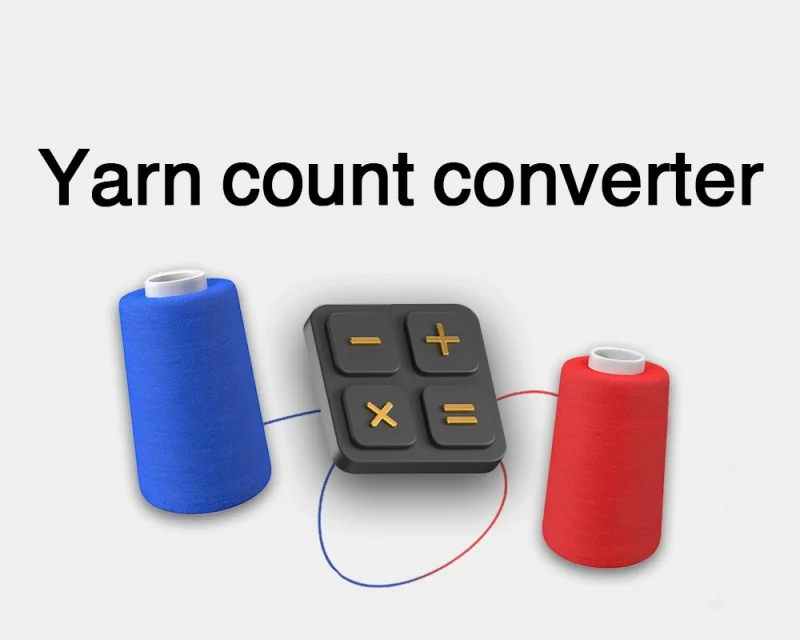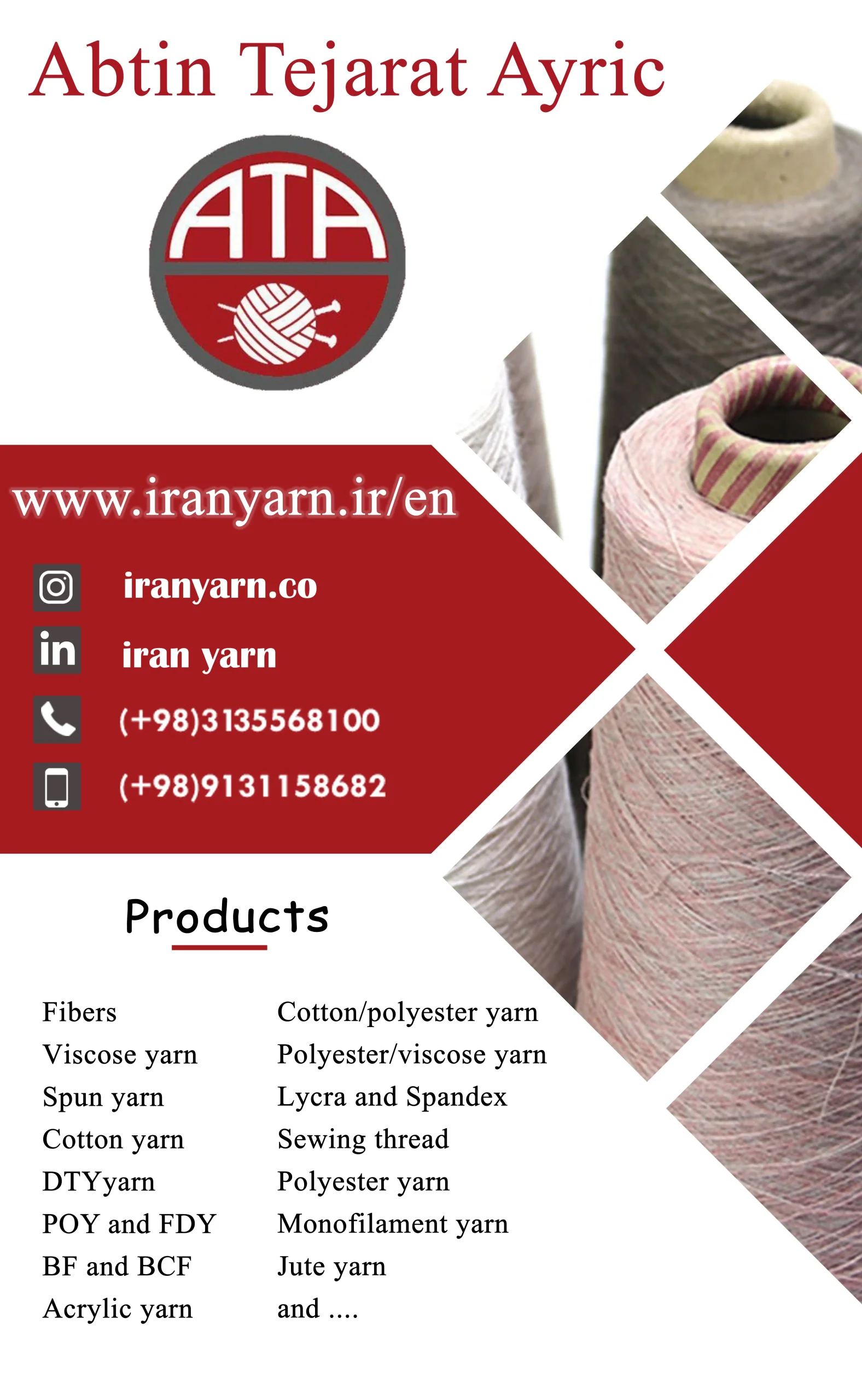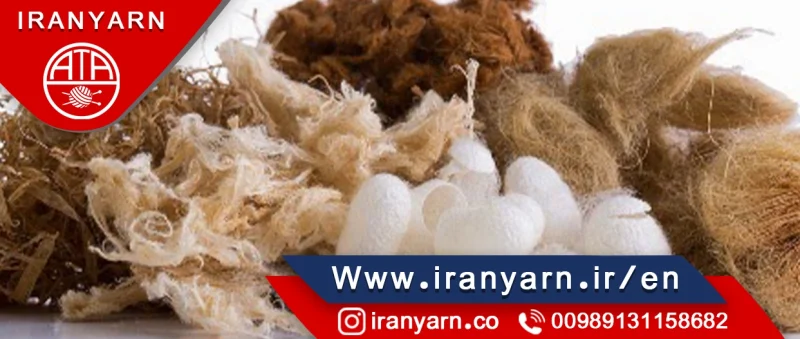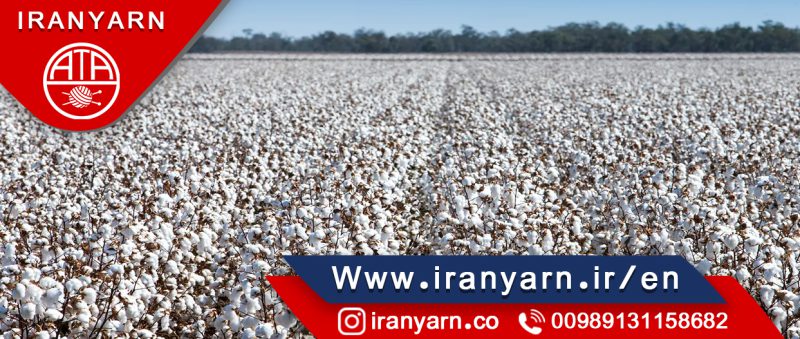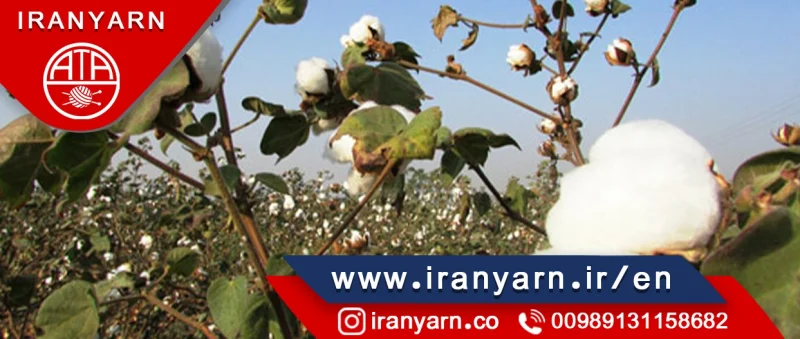India
Cotton traded easy tone across major spot market of north India on Friday. Today weather clear. New crop – cotton traded at ready delivery – In Punjab, Rs 6,700-6,800 a maund. In Haryana, it offered at Rs 6,600-6,700 a maund. while in Upper Rajasthan, quoted readty delivery at Rs 6,800-6,900 a maund.
Cotton spot prices easy tone across west India market on Friday. Sankar-6, new crop 29 mm (RD-75 & MIC-3.8), in Gujarat traded at Rs 69,500-70,000 a candy and 28.5mm (RD-74) quoted at Rs.68,000-68,500 a candy. V-797 trade at Rs 55,000-56,000 (12-15% trash condition) a candy. While in Maharashtra, new crop good grade cotton (29mm) quoted at Rs 70,000-70,500 a candy.
Cotton spot price was easy tone across the major trading centers of south India.
Pakistan
Spot rate continues upward march on cotton market: LAHORE: The Spot Rate Committee of the Karachi Cotton Association (KCA) on Thursday increased the spot rate by Rs 200 per maund and closed it at Rs 17,400 per maund. The local cotton market remained steady and the trading volume remained satisfactory. Naseem Usman said that the rate of cotton in Sindh is in between Rs 14,500 to Rs 18,000 per maund. The rate of cotton in Punjab is in between Rs 16,500 to Rs 18,000 per maund. The rate of Phutti in Sindh is between Rs 5,500 to Rs 8,200 per 40 kg. The rate of Phutti in Punjab is in between Rs 6,000 to Rs 8,800 per 40 kg. The rate of cotton in Balochistan is in between Rs 16,500 to Rs 18,500 per maund. 200 bales of Dherki were sold at Rs 18,000 per maund, 400 bales of Ghotki were sold at Rs 17,500 per maund, 800 bales of Mir Pur Khas were sold at Rs 15,500 per maund, 800 bales of Saleh Pat, 800 bales of Kumb, 400 bales of Khair Pur, 200 bales of Chichawatni were sold at Rs 16,000 per maund, 1000 bales of Rohri were sold at Rs 15,000 to Rs 16,000 per maund, 800 bales of Mehrab Pur were sold in between Rs 15,000 to Rs 16,000 per maund, 800 bales of Rahim Yar Khan were sold at Rs 17,200 to Rs 17,400 per maund, 1200 bales of Mian Wali were sold at Rs 17,000 per maund, 800 bales of Bagho Bahar were sold at Rs 17,200 to Rs 17,400 per maund, 2200 bales of Dera Ghazi Khan were sold at Rs 17,650 to Rs 18,000 per maund, 1800 bales of Marrot were sold at Rs 17,500 to Rs 17,900 per maund, 800 bales of Fort Abbas were sold at Rs 16,500 to Rs 17,300 per maund, 400 bales of Sadiqabad were sold at Rs 17,400 per maund. The Spot Rate Committee of the Karachi Cotton Association increased the spot rate by Rs 200 and closed it at Rs 17,400 per maund. Polyester Fiber was available at Rs 285 per kg.
Taiwan
Taiwan's textile manufacturers become invisible champions at FIFA 2022: 16 Nov '22 – Taiwan’s textile manufacturers are set to showcase their latest innovations at the FIFA World Cup in Doha, Qatar. The invisible champions in the locker room, including Eclat Textile Co Ltd, Far Eastern New Century Corporation (FENC), New Wide Enterprise Co Ltd, Shinkong Synthetic Fibers, and San Fang Chemical Industry Co Ltd have designed some innovative tear-resistant jerseys worn by many national teams in the tournament. Over the past few years, Taiwan textile manufacturers have consistently given new life to waste, according to a press release by the Taiwan Textile Federation. When the England National Football Team entered the quarter finals again after 28 years in 2018, the British office in Taiwan thanked local textile manufacturers in a special Facebook post. “The recycled PET bottles made of eco-friendly yarn and the seamless sewing technology can reduce the friction on the body of the jerseys, and the jerseys used by the England team this time are all made by these Taiwanese textile technologies,” the UK official wrote. Talking about Taiwan’s textile manufacturers’ latest innovations at FIFA World Cup Qatar 2022, for instance, Far Eastern New Century showcased its Ocean Recycling Tear-Resistant Sports Jerseys at the Taipei Innovative Textile Application Show (TITAS) in October, unveiling a creative fabric set to make waves at the upcoming FIFA World Cup Qatar 2022. According to tallies, teams from nine countries will wear jerseys made of this new fabric, including Germany, Japan, Spain, Argentina, Mexico, Belgium, and Wales, which are poised to enter the finals. The fabric structure is reportedly designed specifically for each team. Shinkong Synthetic Fibers used its recycled polyethylene terephthalate (PET) fibres to create tear-resistant sports jerseys for several national teams at this year’s FIFA World Cup in Doha, Qatar, as the shirts are moisture-wicking and suitable for full-contact sports. Taiwan’s textile industry has a complete upstream and downstream supply chain, which can quickly respond to brand requirements such as sustainability. It relies on research and development to create high value-added products with a global market share of over 70 per cent. “The friendly accolade highlights the spirit of the popular competition: ‘Now is All’. The slogan refers to the moment when you execute the dream, achieve your goal, and own the present. That is without a doubt the feeling of pride these invisible champions in the locker room — Taiwan textile manufacturers — must feel today,” the release added.
COTTON & TEXTILES NEWS:
Cotton yarn price up again in Delhi; disparity persists in north India: 17 Nov '22 – Cotton yarn prices further rose by ₹10 per kg in Delhi as spinning mills were not willing to sell at lower prices. Mills are facing a disparity of ₹10-15 per kg as higher kapas prices had led to a rise in cotton prices. However, cotton prices eased today as cotton future slipped due to macro dynamic change. Cotton comber prices also rose despite a fall in recycled yarn prices in Panipat. Some mills in Delhi increased their selling prices but were still facing a disparity of ₹10-15 per kg. “Some buyers had to buy cotton yarn, even at higher prices as they had to fulfil their export commitments. Therefore, traders and stockists were quoting higher prices,” a trader from Delhi market told Fibre2Fashion. In the Delhi market, 30 count combed yarn was traded at ₹310-315 per kg (GST extra), 40 count combed at ₹340-345 per kg, 30 count carded at ₹290-295 per kg and 40 count carded at ₹325-330 per kg, according to Fibre2Fashion’s market insight tool TexPro. Cotton yarn prices in the Ludhiana market remained steady as mills were not inclined to reduce prices to lure buyers. They were slow in selling to avoid losses. Buyers were also not too keen on paying higher prices in the absence of demand. “The entire value chain was facing a disparity. Cotton prices were ruling higher despite a muted demand. Consumer demand was not supporting the upstream industry,” a trader from Ludhiana market told Fibre2Fashion. In Ludhiana, 30 count cotton combed yarn was sold at ₹285-295 per kg (GST inclusive). 20 and 25 count combed yarn were traded at ₹275-285 per kg and ₹280-290 per kg respectively. Carded yarn of 30 count steadied at ₹260-270 per kg, as per TexPro. Panipat recycled yarn market faced dual pressure. The prominent raw material cotton comber increased by ₹10 per kg to reach ₹135-140 per kg. Home furnishing value chain is facing an acute shortage as spinning mills are running at half capacity. Mills are also slowing down sale of cotton comber to push prices up. On the other hand, consumer demand is weak, so the value chain is facing a decline in prices. Some counts and varieties of recycled yarn were saw a ₹3-5 per kg price cut. To add to it, costlier cotton has widened the losses for the value chain. In Panipat, 10s recycled yarn (white) was traded at ₹90-95 per kg (GST extra). 10s recycled yarn (coloured – high quality) was traded at ₹105-110 per kg, 10s recycled yarn (coloured – low quality) at ₹80-85 per kg and 20s recycled PC coloured (high quality) at ₹105-110 per kg. 30 recycled PC coloured (high quality) ₹150-155 per kg. 10s optical yarn was priced at ₹100-110 per kg in the market. Comber prices were ruling higher at ₹135-140 per kg. Recycled polyester fibre (PET bottle fibre) was at ₹83-85 per kg. North India’s cotton prices eased today by ₹50-100 per maund of 37.2 kg after a decline in the domestic cotton futures and ICE cotton. According to local traders, cotton prices were driven by the futures’ trend. The natural fibre was ruling at higher prices as farmers were not too keen on selling their crop. However, demand in the downstream industry was not supportive. Cotton was traded at ₹6,800-6,900 in Punjab, ₹6,600-6,750 in Haryana, ₹6,950-7,000 per maund in upper Rajasthan and at ₹66,500-68,500 per candy of 356 kg in lower Rajasthan. The arrival was noted at 21,000 bales of 170 kg in north Indian region.
Textile exports drop 15.2pc to $1.357bn in Oct: November 18, 2022 – ISLAMABAD: Pakistan’s textile exports in October 2022 have slashed by 15.2 percent to $1.357 billion over the corresponding month a year ago. Over the previous month too, its exports declined by 11.1 percent, with major decline in components including cotton cloth, knitwear, bedwear, towels, and readymade garments. In October 2021, textile group exports were $1.6 billion, while in the previous month of September 2022, it was at $1.53 billion, the Pakistan Bureau of Statistics (PBS) said on Thursday. In July-October 2022/23, the textile sector’s total exports declined by 1.34 percent to $5.94 billion from last year’s exports of $6.02 billion. During the month under review, cotton cloth exports reduced by 16.5 percent to $169.6 million against $203.1 million in September 2022, while compared with October 2021’s exports of $183.6 million, it went down by 7.65 percent. Over the previous month, knitwear exports in October 2022 were down by 10.25 percent to $391.7 million, bedwear by 18.8 percent to $217 million, towels 8.8 percent to $79.58 million, readymade garments by 0.5 percent to $275.6 million, and cotton yarn sales by over 35 percent to $49.1 million. Likewise, over the corresponding month of last year (October 2021), cotton cloth exports shed 7.65 percent, knitwear 14.32 percent, bedwear 24.6 percent, towels 3.04 percent, readymade garments 7.4 percent and cotton yarn exports declined 53.8 percent. The energy shortage and its high tariffs, high financing costs, and a slowdown in the global economy were a few key challenges facing the sector. The recent devastating floods have also destroyed cotton crops and it could be a challenge for the industry. Textile sector’s exports in the last financial year (July-June FY2021-22) were at a historic high of $19.35 billion, with an increase of over 25 percent against FY21’s exports of $15.4 billion. Rice exports in October 2022 declined by 16.1 percent to $143.8 million against $171.4 million in October 2021. However, of this, basmati exports increased by 15 percent to $51.6 million. Vegetable exports increased almost 90 percent to $34.3 million. Likewise, football exports increased 71 percent to $22.2 million in October over the same month a year ago. Leather manufacturing exports increased by 1.8 percent to $53.5 million, surgical goods by 6.8 percent to $39.4 million, engineering goods by 46 percent to $24 million, and cement exports also went up by 94 percent to $19.9 million against the corresponding month of last year.




